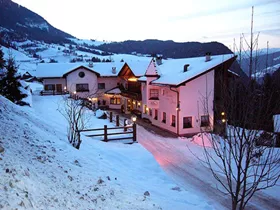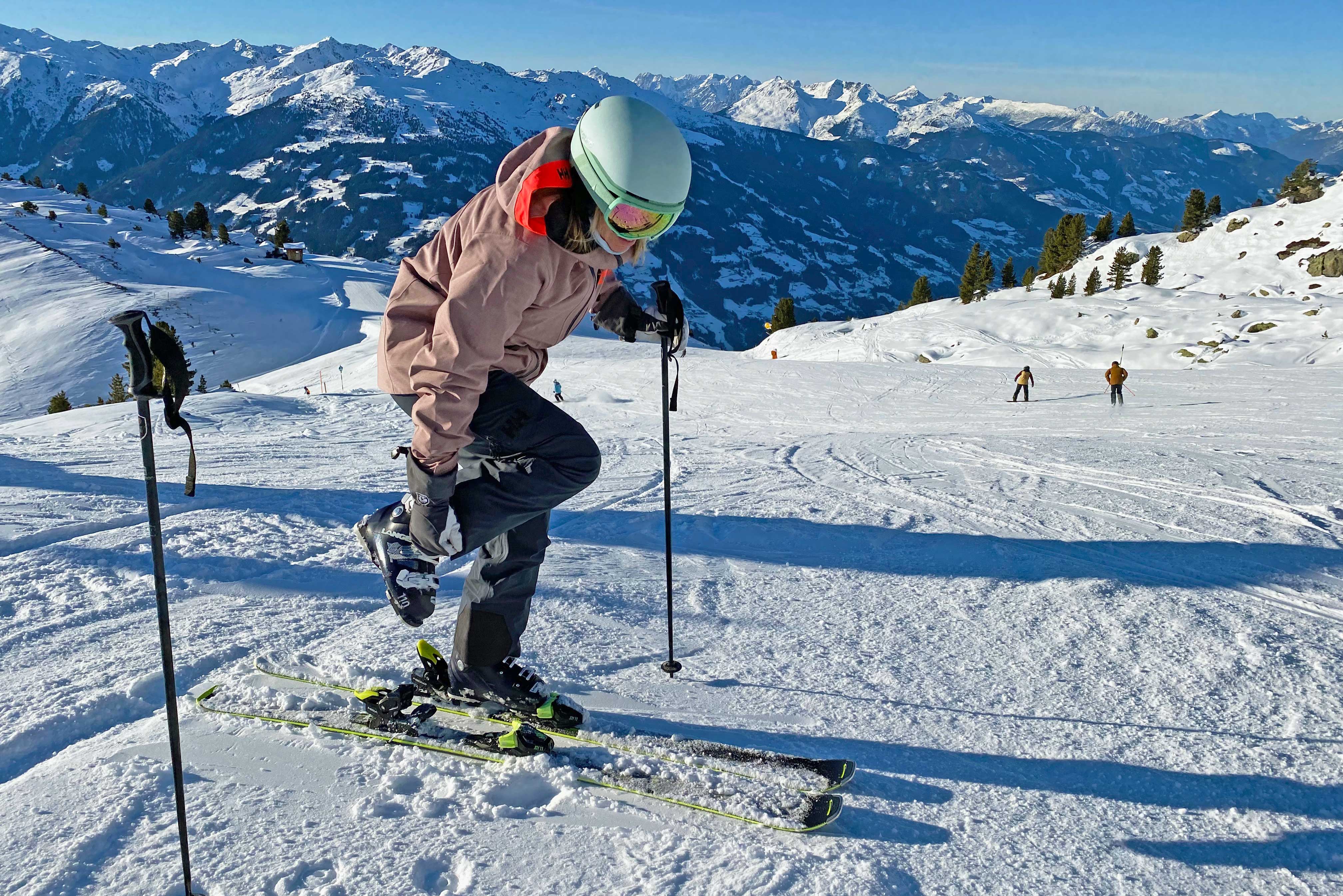

It's no fun skiing when you’re afraid. And it happens to the best of us, whether you’re just starting out, whether you’ve been away from skis for a long time or whether you just don’t have a head for heights. Maybe you’re coming back from a bad fall and you’re brave enough to get back out on the slopes – but unable to completely overcome a slight sense of panic at the slippery ice and the steepness of it all. There’s no quick fix for anxiety while skiing, but it’s definitely worth putting the time in so you can gain back your confidence and eventually work on enjoying your favourite sport again.
1. Be realistic
If it’s been ten years since you last set foot on a ski slope, you probably shouldn’t start out with a black slope. Just standing at the top and looking down a steep crevasse might be enough to send you scurrying back home. Take a spin on the nursery slope, practise some turns on the green runs and work on building your confidence. Skiing should be fun, not torture!

2. Moderate your speed
Don’t expect to be whizzing down the slopes if you haven’t mastered the basics yet. You might be able to go super fast, but it’s even more important to be able to stop! If you work on getting the proper technique, the speed will come naturally. It only takes one high-speed accident to make you think twice about skiing, so don’t let it happen to you until you’re ready.
3. Don't succumb to peer pressure
If you’re skiing with a group, it’s easy to be enticed into tackling harder terrain than your skill level permits. But there’s no need for this: there’s usually a blue slope that runs parallel to the red or black ones, so you can still stay close to your friends without risking your neck.
4. Take a ski lesson
The most important piece of advice we can give nervous skiers is to take a ski lesson – private, if you can afford to. Professional ski instructors have seen it all and they’ll know just the tricks to help you with your skiing anxiety. First-time skiers will benefit enormously from learning from a professional, and returning skiers will feel better knowing that someone is there to listen to them, take their concerns seriously and work together to tackle the mountain in a safe and controlled manner.

5. Stick to your limits
Everybody knows that you always get hurt on the last run of the day. You’re exhausted, you’re not thinking straight and you’re more inclined to take stupid risks. When you feel yourself getting tired, stop skiing. There’s no shame in going home in one piece! And if it’s too late and you’re already halfway down the slope, just stop for a moment, breathe deeply, appreciate the landscape and take it one turn at a time.














